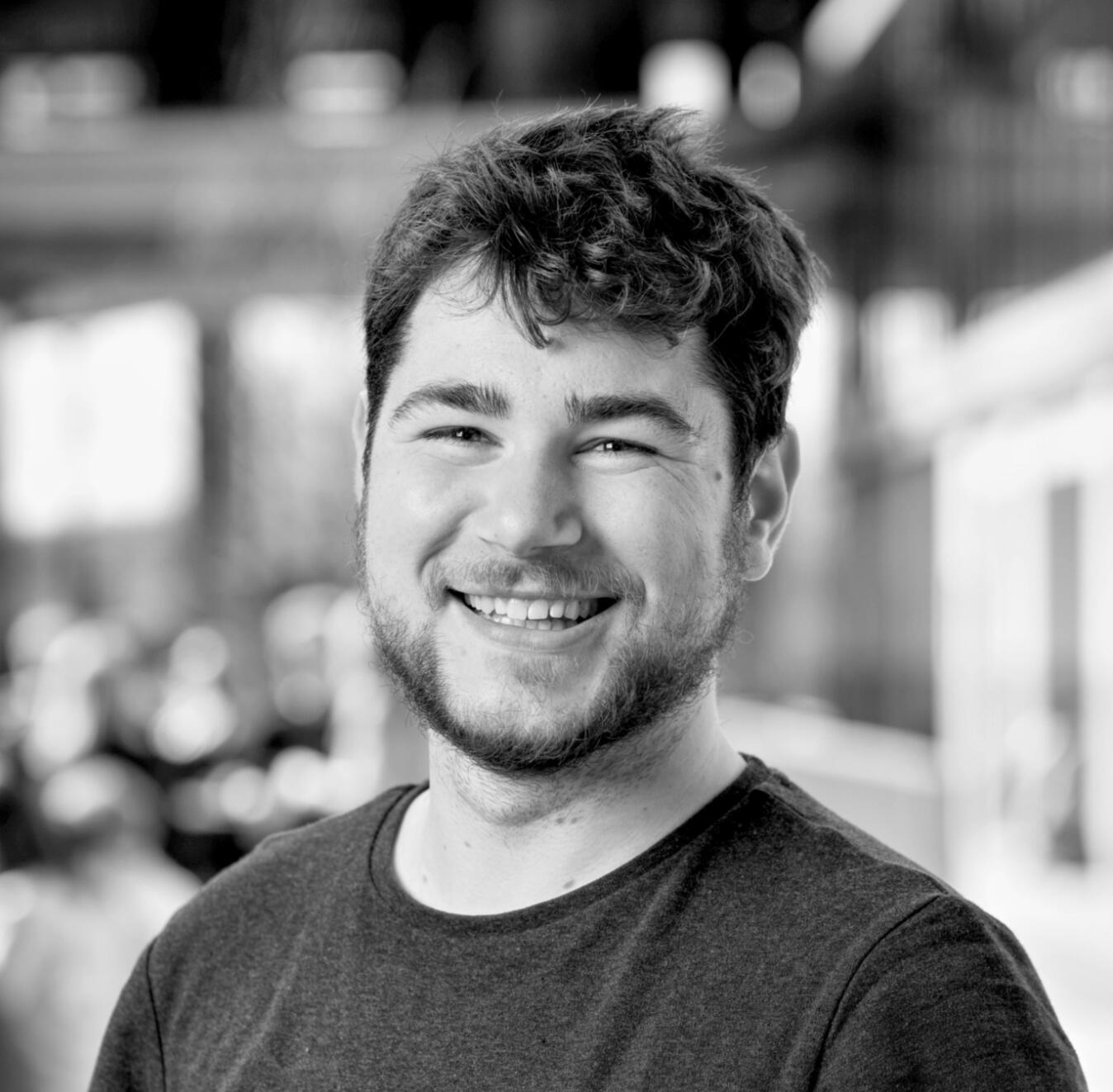Lomme
Hi👋 I’m Lomme! As an educational technologist, I’m passionate about bridging the digital divide and empowering people to thrive in a connected world. I advocate for Global Competence and Active Citizenship. Let’s work together to create a more inclusive and connected future!

AI: Transforming education and driving social shange
Artificial intelligence is reshaping the way we work, learn, and connect. In my fields of expertise, which include education and the non-profit sector, I see it as a game-changer—not to replace people, but to enhance what we can do together. As someone deeply involved in both education and non-profits, I believe AI has the potential to revolutionize how we support learners and create social impact, but only if we keep human values at the center.I believe that in education, AI will shift the role of teachers to become more like mentors and coaches. AI can handle many aspects of traditional teaching, such as helping students write papers and breaking down complex concepts. For example, I use Notebook LLM myself to create podcasts from my study materials, which gives me the flexibility to learn in different ways. This doesn’t mean that teachers are endangered—AI allows them to focus more on individual needs, acting as mentors rather than just lecturers. Teachers will remain crucial as sources of knowledge and guidance for both students and AI models.AI can also play a role in supporting students with special educational needs. By providing personalized support and adapting to each student’s pace, AI tools can make learning more inclusive. Students who struggle with traditional methods can benefit from AI-powered tools that break down learning into manageable steps or present information in more engaging formats. This support could be transformative for students who have struggled with conventional approaches, allowing teachers to use AI to provide more tailored and effective interventions.For non-profits like AFS, AI offers tools that can enhance intercultural understanding and bridge cultural differences. Within AFS, we work on topics like culture shock and cross-cultural communication. Imagine an AI that can translate not just words but cultural nuances—helping someone from Belgium, like myself, understand why direct communication from someone in Brazil might feel blunt, even though it’s not intended that way. AI has the power to help people understand these subtleties and navigate them better, making global competence more accessible. AI-driven simulations can also help people experience different cultural contexts in a controlled environment, which is particularly useful for young people in intercultural exchange programs, helping them build empathy before entering a new country.However, my enthusiasm for AI is tempered by concerns about its ethical use. I’m worried that AI could sideline educators if we’re not careful. AI should assist us, not replace us. As Joanna Maciejewska said, "I want AI to do my laundry and dishes so that I can do art and writing, not for AI to do my art and writing so that I can do my laundry and dishes." We should use AI to free up time for meaningful work, not let it replace what makes us human. There’s also the risk that advanced AI becomes a luxury only accessible to wealthy corporations and individuals who are able to afford more advanced models, leaving non-profits and educational institutions to struggle with less effective tools. If we allow this disparity to grow, we risk creating an even greater divide between those who have access to cutting-edge technology and those who do not, ultimately widening the gap in opportunities and social mobility.This is why I’m a supporter of regulations like GDPR and the EU AI Act. These frameworks lay the foundation to protect us from negative impacts we may not even fully realize yet. AI, like all technology, should be privacy-friendly and person-centered. I also believe in the value of open-source AI models—AI should be accessible to all, not just owned by large corporations like OpenAI, Google, or Microsoft. Open-source models can help democratize access to AI, ensuring that smaller organizations, non-profits, and educational institutions are not left behind.In my experience, AI brings unique value to education and non-profits. As a student, it helps me overcome writer’s block, manage tasks, and understand challenging topics more easily. In my role with AFS, AI helps me analyze complex data that would otherwise be difficult to grasp. AI can be a powerful enabler, making knowledge more accessible, as long as we guide its development responsibly. By harnessing AI responsibly, we can create a future where technology complements human effort and enriches our ability to learn, connect, and contribute to society. The key lies in ensuring that AI development and deployment are guided by principles that prioritize inclusivity, ethics, and the well-being of individuals and communities.
Upcoming
| Event | Location | Date | Role |
|---|---|---|---|
| CPDP Data Protection day | Brussels, Belgium | 28/01 2025 |
Past
| Event | Location | Date | Role |
|---|---|---|---|
| Euro-Arab Youth Forum | Luxor, Egypt | 14/10 – 19/10 2024 | Delegate Council of Europe |
| Megavíkend | Holice, Czech Republic | 10/10 – 13/10 2024 | Trainer |
| Megavíkend | Brno, Czech Republic | 13/10 – 15/10 2023 | Trainer |
| Flanders Education | Hasselt, Belgium | 28/09 2023 | |
| AFS-UN Youth Assembly | New York, USA | 10/08 – 13/08 2023 | Youth Delegate |
| EFIL VSS | Reims, France | 21/07 – 29/07 2023 | Trainer |
| Tournée Voluntier | Hebron, Palestine | 10/07 – 15/07 2023 | AFS representative |
| Megavíkend | Ostrava, Czech Republic | 14/10 – 16/10 2022 | Trainer |
| EFIL Peace Camp | Brussels, Belgium | 26/11 - 03/12 2021 | Trainer |
| European Youth Forum | Budapest, Hungary | 27/10 - 29/10 2021 | EFIL representative |
| Megavíkend | Prague, Czech Republic | 15/10 – 17/10 2021 | Trainer |
| EFIL Peace Camp | Brussels Belgium | 29/11 – 07/12 2019 | Trainer |